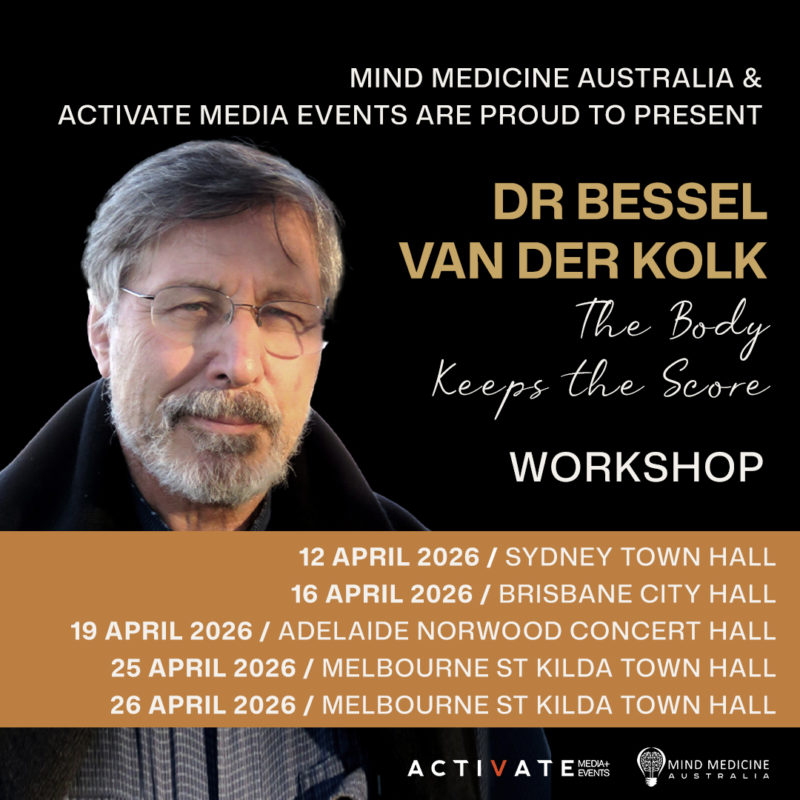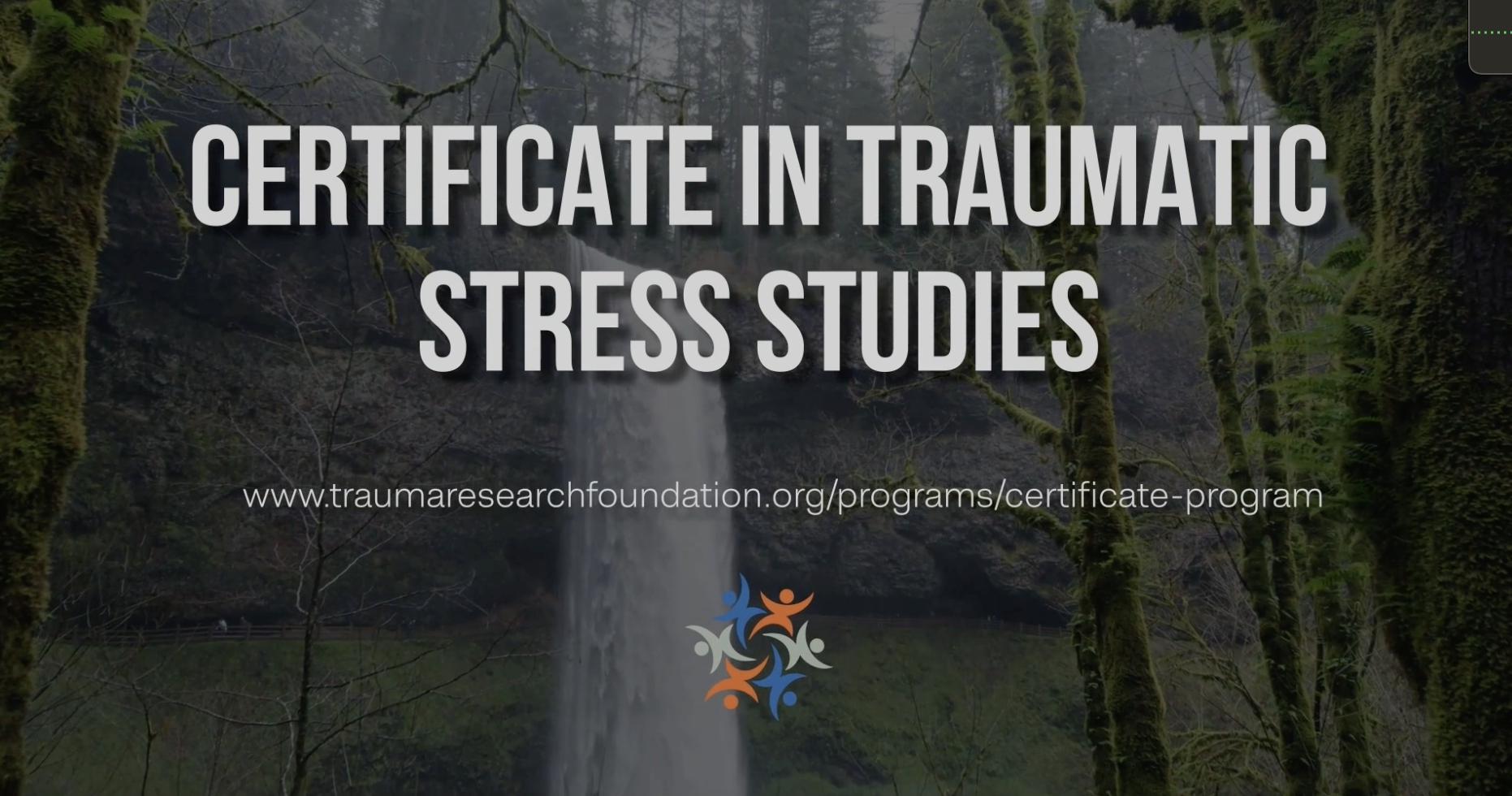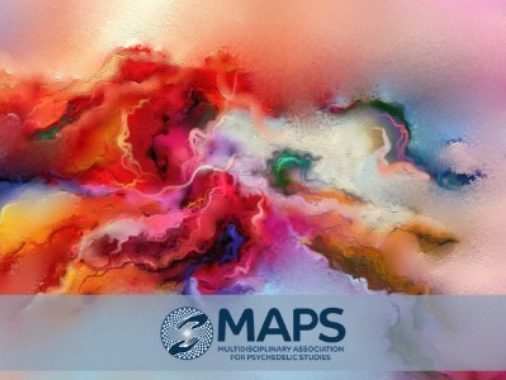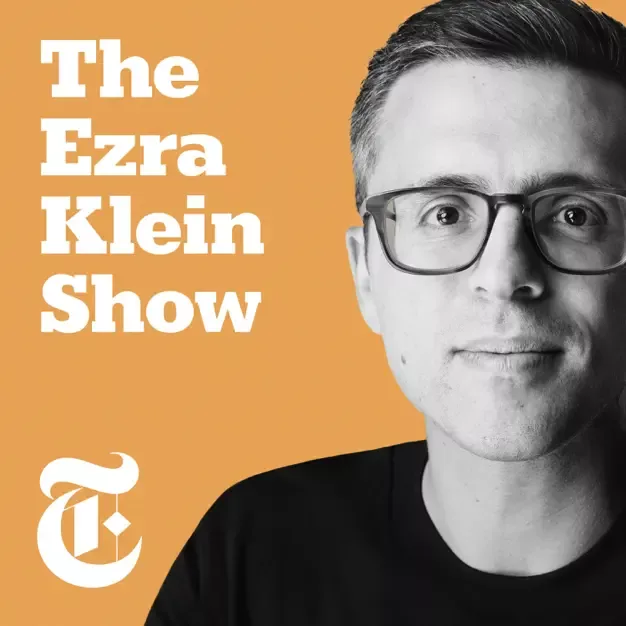Join world-renowned trauma expert Dr. Bessel van der Kolk for a transformative exploration of how our bodies store—and release—trauma
For decades, Dr. van der Kolk has pioneered our understanding of how trauma lives in the body. In this rare Australian workshop series, discover the groundbreaking science behind "The Body Keeps the Score" and learn practical techniques to help yourself and others heal. Experience an intimate day of insight, science, and hope with one of the most influential voices in mental health today.
Tour Dates:






Bessel van der Kolk MD has spent his professional life studying how children and adults adapt to traumatic experiences. He translates emerging findings from neuroscience and attachment research to develop and study a range of effective treatments for traumatic stress and developmental trauma in children and adults.
Ever since I was a little boy whose native country (the Netherlands) was liberated from the Nazis by American and Canadian troops after years of bombing, mass incarcerations, concentration camps, starvation, and general brutality, I have seen the USA as a beacon of hope and sanity in what often appears to be an insane world. Later, perhaps in reaction to the Nazi insanity, I made it my life’s work to understand how people survive horrendous conditions, and how different countries and cultures deal with social opportunities, distribution of power, child rearing, and the delivery of justice. After I emigrated, like for so many of us, the United States became a land of incredible opportunity and generosity. However. with all its abundance, it is also the painful reality that the United States performs much worse than comparable countries in some of the critical areas that define healthy communities: life expectancy, medical care outcomes, educational achievement, social equality, incarceration rates, and support for young families trying to raise children.
In this context, it was stunning to receive a notification from the National Science Foundation in March 2025, announcing that dozens of subjects including disability, women, minorities, social justice, gender, and trauma had been eliminated from being eligible for federal support, and that grants and programs that include those words would be summarily excluded. This is particularly concerning, because ... (read more)

Ever since The Body Keeps the Score was published in 2015 and, since then, has been read by well over 1,000,000 people, the Trauma Research Foundation (TRF) has been inundated by requests for referrals to experienced clinicians who are capable of providing the various treatment modalities discussed in that book.
In response, TRF is dedicated to setting up networks of clinicians around the United States, and possibly around the world, who have a solid understanding of the nature, impact, and resolution of traumatic stress and who are deeply familiar with a variety of treatment options and approaches.
This certificate program is, among other things, meant to be a foundation for the creation of such networks of expert clinicians.
Our intensive post-graduate level certificate program consists of 32-weeks of immersion into the fundamental issues necessary to become an expert clinician treating adults and children who suffer from traumatic stress.
In addition, students will have a monthly opportunity for a face-to-face interaction with one of the senior supervisors of this program to discuss lessons learned and clinical challenges, as well as for the formation of peer support groups.
While most advanced training programs are geared to teaching clinicians a particular treatment modality, this course provides a comprehensive overview of a variety of different treatment approaches, relevant to the particular conditions that your clients live under, their presenting problems, their developmental stages and the cultural context and resources of the traumatized individuals.
This course will provide an overview of the basic biological and psychological processes at work that form the foundation for innovative and effective treatment approaches, such as a variety of body based techniques, IFS, ARC, SMART, sand tray therapy, neurofeedback, EMDR, psychedelic therapies, yoga and theater, and address issues of assessment, culture, race, spirituality, families and other contextual issues.
Published by: Bessel A. van der Kolk, Julie B. Wang, Rachel Yehuda, Leah Bedrosian, Allison R. Coker, Charlotte Harrison, Michael Mithoefer, Berra Yazar-Klosinki, Amy Emerson, Rick Doblin
Following the study of MDMA in the treatment if PTSD that was published 2 years ago in Nature Neuroscience, which the journal Science elected as one of the 10 most significant scientific breakthroughs of the year 2021, the team analyzed further data from this study on the effects of MDMA on self-experience. Half the group received 36 hours of psychotherapy from a team of 2 thoroughly trained, experienced, therapists, while the other half received the same treatment, but for them, this included three 8-hour sessions on the psychedelic MDMA. The results were stunning. Those with major problems with self-experience, such as lack of self-compassion, alexithymia and problems with emotion regulation did poorly on psychotherapy alone. However, MDMA had a major positive effect on self-experience, with sharp increases in self-compassion, self-awareness, and measures of emotion regulation. This dramatically improved self-experience turned out to account for their being able to benefit from the overall treatment and the dramatic decrease in their PTSD symptoms. Contrary to expectations, the psychotherapy alone had only a small effect on negative self-judgment and self-awareness, while the addition of MDMA produced very significant improvements. At this point, in time MDMA still is not a legally available substance, but other mind-altering treatments, such as ketamine, are already available. It is critical that these substances only be used for therapeutic purposes with well-trained and experienced therapeutic guides.

MAPS RESEARCH STUDY
Bessel van der Kolk, MD is the Principal Investigator for the recently completed Multidisciplinary Association for Psychedelic Studies (MAPS) sponsored phase 3 program - evaluating the efficacy of MDMA-Assisted Psychotherapy for the Treatment of Moderate to Severe Posttraumatic Stress Disorder (PTSD). This multi-center study is designed to provide information on whether the drug MDMA combined with psychotherapy is safe and helpful for people with PTSD. Each volunteer is assigned at random (like flipping a coin) to get either MDMA with psychotherapy or psychotherapy with a placebo. Volunteers will have a 50/50 chance of being assigned to either group.
PARTICIPATE IN A MAPS TRIAL
MAPS sponsors clinical trials around the world that offer volunteers the opportunity to participate in our research studies. Our studies have strict enrollment criteria based on the goal of the study and the condition the study is investigating. Learn more.
BECOME A CERTIFIED MDMA-ASSISTED THERAPIST
MAPS is starting a 14 week online training program to help practitioners become certified in MDMA-Assisted Therapy. Click the link below to learn more.
"There’s a lot in this conversation. We discuss the lived experience of trauma, the relationship between the mind and the body, the differences between our “experiencing” and “autobiographical” selves, why van der Kolk believes human language is both a “miracle” and a “tyranny,” unconventional treatments for trauma from E.M.D.R. and yoga to psychedelics and theater, how societies can manage collective trauma like 9/11 and Covid-19, the shortcomings of America’s “post-alcoholic” approach to dealing with psychic suffering, how to navigate the often complex relationships with the traumatized people we know and love, and much more."
Listen now →
Being able to feel safe with other people is probably the single most important aspect of mental health; safe connections are fundamental to meaningful and satisfying lives.
- The Body Keeps the Score
Sign up with your email to receive news and updates.